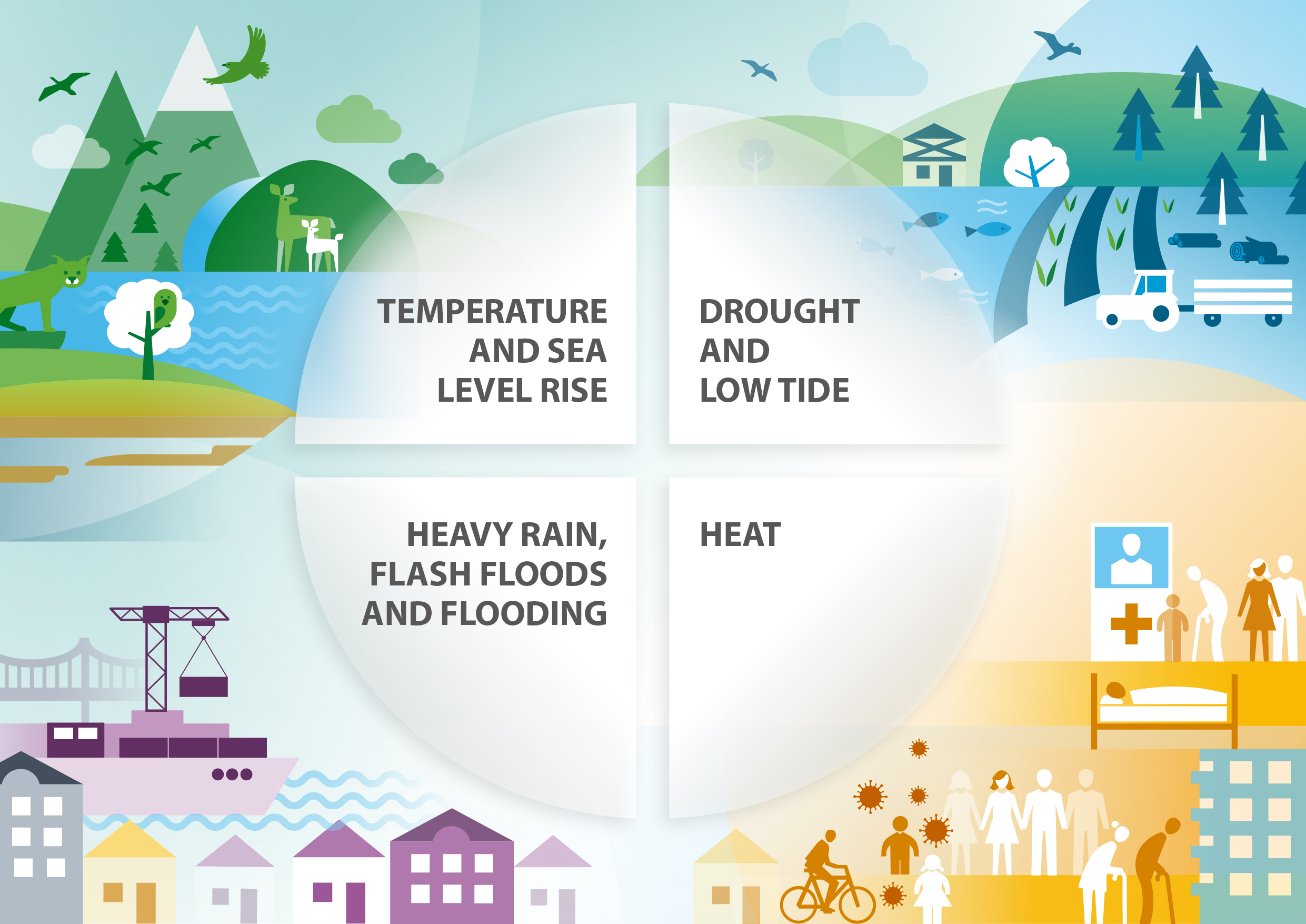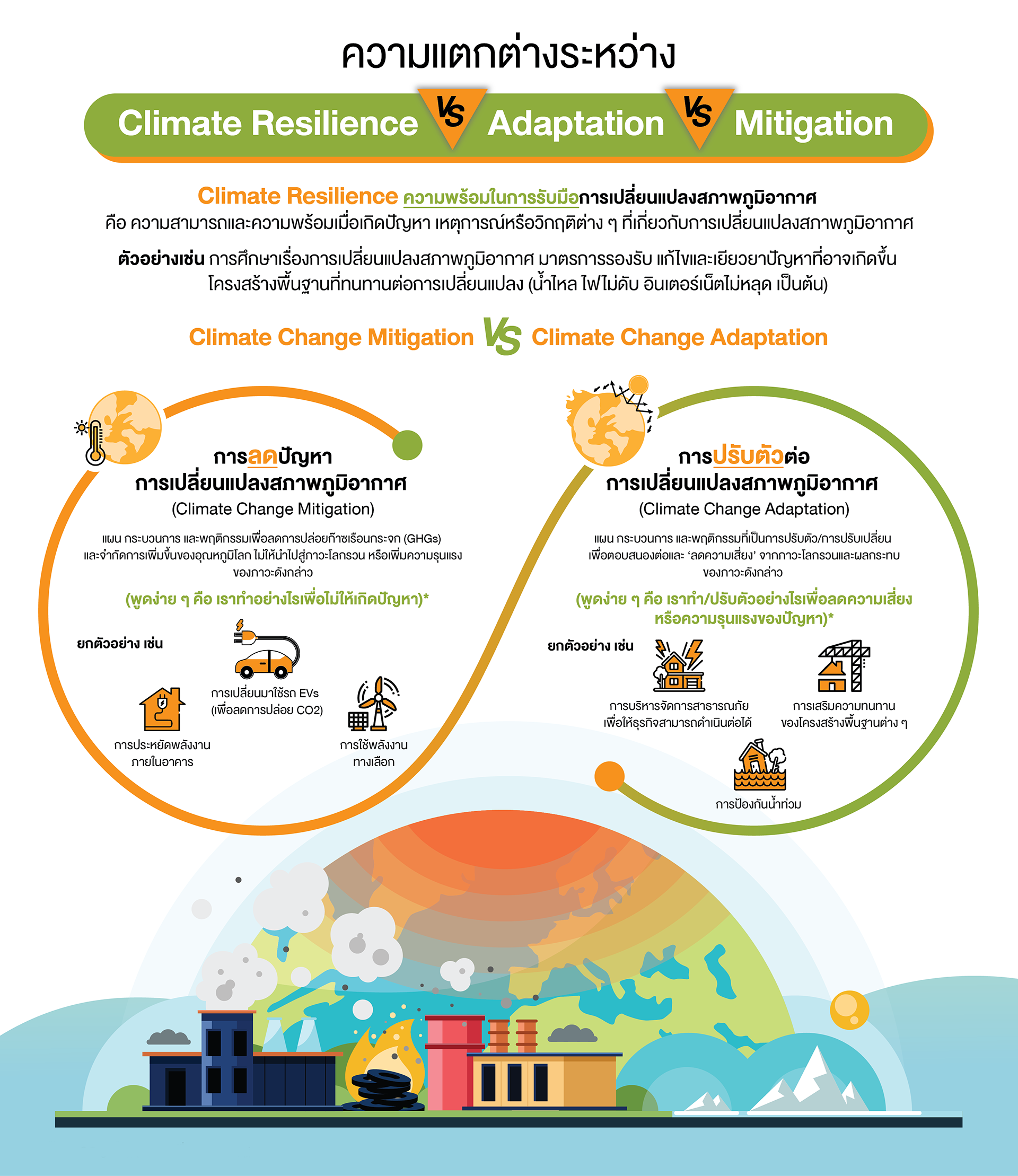What does "Hvzeeland: Unlocking The Secrets Of Coastal Resilience And Climate Change Adaptation" consists of? Hvzeeland: Unlocking The Secrets Of Coastal Resilience And Climate Change Adaptation is a comprehensive study that explores the strategies and approaches used by the Dutch province of Zeeland to protect its coastal areas from flooding and other climate-related hazards. The report highlights the importance of coastal resilience and provides practical guidance for other coastal communities facing similar challenges.
Editor's Notes: Hvzeeland: Unlocking The Secrets Of Coastal Resilience And Climate Change Adaptation was published today by the Global Center on Adaptation. The report is a valuable resource for anyone interested in learning more about coastal resilience and climate change adaptation.
We've done some analysis, digging, and research, and put together this Hvzeeland: Unlocking The Secrets Of Coastal Resilience And Climate Change Adaptation guide to help you make the right decision.
Key differences or Key takeways:

Adaptation Climate Change - Source ar.inspiredpencil.com
Transition to main article topics:
FAQ
This FAQ section provides answers to common questions regarding coastal resilience and climate change adaptation as discussed in Hvzeeland: Unlocking The Secrets Of Coastal Resilience And Climate Change Adaptation.

Climate Change Vulnerability Assessment and Adaptation Plan for Cockpit - Source jamentrust.org
Question 1: What are the primary challenges facing coastal communities due to climate change?
Coastal communities face a range of challenges due to climate change, including sea-level rise, increased storm intensity, and coastal erosion. These factors can lead to flooding, property damage, and displacement.
Question 2: What strategies can be implemented to enhance coastal resilience?
Enhancing coastal resilience involves implementing a combination of strategies such as building or restoring natural buffers like dunes and wetlands, constructing seawalls or other hard structures to protect against flooding, and relocating infrastructure and communities away from vulnerable areas.
Question 3: How can communities adapt to the impacts of climate change?
Adaptation measures include developing early warning systems for coastal hazards, improving building codes to withstand extreme weather events, and implementing land-use planning that considers climate change risks.
Question 4: What role do governments play in promoting coastal resilience?
Governments have a crucial role in promoting coastal resilience by providing funding for adaptation measures, regulating development in vulnerable areas, and implementing policies that incentivize sustainable practices.
Question 5: How can individuals contribute to coastal resilience?
Individuals can contribute by adopting sustainable practices, reducing their carbon footprint, supporting organizations working on coastal resilience, and advocating for policies that protect coastal communities.
Question 6: What are the benefits of investing in coastal resilience?
Investing in coastal resilience reduces the risks and costs associated with climate change impacts, protects coastal ecosystems and natural resources, and supports the long-term viability of coastal communities.
Understanding these key aspects of coastal resilience and climate change adaptation empowers communities to take proactive measures and safeguard their coastal environments for future generations.
For further insights, refer to the comprehensive article, Hvzeeland: Unlocking The Secrets Of Coastal Resilience And Climate Change Adaptation.
Tips
Climate change is exerting unprecedented pressure on coastal ecosystems, threatening the well-being of communities and economies worldwide. Embracing innovative adaptation approaches is crucial to bolster coastal resilience and mitigate the impacts of climate change.

Equitable Climate Adaptation | ICLEI Canada - Source icleicanada.org
Tip 1: Implement Nature-based Solutions
Harnessing natural ecosystems, such as wetlands and coral reefs, provides an effective and sustainable means to mitigate the impacts of coastal erosion, flooding, and storm surges. Vegetated buffers and oyster reefs can naturally absorb wave energy, reduce erosion, and enhance water quality.
Tip 2: Embrace Managed Retreat
In some cases, rather than investing in costly and unsustainable coastal defenses, it may be more feasible to implement managed retreat. This involves strategically relocating vulnerable infrastructure and developments away from areas at high risk of flooding or erosion.
Tip 3: Enhance Flood Risk Management
Comprehensive flood risk management strategies that integrate structural and non-structural measures can significantly reduce the threat posed by flooding to coastal communities. Structural measures include levees and seawalls, while non-structural measures involve flood warning systems and land-use planning.
Tip 4: Promote Sustainable Coastal Development
Responsible coastal development practices can help minimize the vulnerability of communities to climate change impacts. This includes incorporating climate adaptation considerations into urban planning, regulating coastal construction, and protecting natural habitats that provide defense against coastal hazards.
Tip 5: Foster Community Engagement and Education
Educating coastal communities about climate risks and adaptation strategies is essential for fostering ownership and promoting collective action. Engagement initiatives can empower residents to make informed decisions, participate in planning processes, and contribute to coastal resilience efforts.
By adopting these innovative approaches and recognizing the importance of collaboration and long-term planning, coastal communities can effectively adapt to the challenges of climate change and ensure a sustainable future for both people and the environment.
Hvzeeland: Unlocking The Secrets Of Coastal Resilience And Climate Change Adaptation
Amidst a changing climate and rising sea levels, the coastal region of Hvzeeland presents a compelling case study for unlocking the secrets of coastal resilience and adaptation. This Dutch province, constantly striving to safeguard its shores against the relentless forces of nature, offers a wealth of knowledge and insights into various aspects of coastal protection.
- Coastal Engineering Innovations: Exploring advanced techniques like dike reinforcements and innovative seawall designs.
- Ecosystem-Based Adaptation: Harnessing the power of natural systems, such as marshes and oyster reefs, to buffer against coastal erosion.
- Spatial Planning and Land-Use Management: Implementing strategic zoning and development regulations to minimize risks and promote sustainable coastal communities.
- Monitoring and Data Analysis: Employing sophisticated monitoring systems and data analysis to track coastal changes and inform decision-making.
- Public Engagement and Education: Fostering community awareness, involvement, and understanding of coastal resilience and adaptation measures.
- International Collaboration and Knowledge Sharing: Sharing lessons learned and exchanging best practices with other coastal regions facing similar challenges.
These key aspects, interwoven and implemented in concert, provide valuable insights into the multifaceted nature of coastal resilience and climate change adaptation. Hvzeeland's ongoing efforts serve as a testament to the ingenuity, determination, and collaborative spirit required to safeguard our coastal communities and ecosystems in the face of environmental adversity.

Managing Water Resources for Climate Resilience - Climate Adaptation - Source climateadaptationplatform.com

Cambodia strengthens climate action coordination with ministries - Source www.adaptation-undp.org
Hvzeeland: Unlocking The Secrets Of Coastal Resilience And Climate Change Adaptation
Hvzeeland, a renowned project in the Netherlands, offers valuable insights into the crucial connection between coastal resilience and climate change adaptation. Climate change poses significant threats to coastal areas, including sea-level rise, storm surges, and erosion. Understanding the mechanisms underlying coastal resilience is essential for developing effective adaptation strategies.

เข้าใจความแตกต่างระหว่าง Climate Resilience VS Adaptation VS Mitigation - Source www.setsustainability.com
"Hvzeeland: Unlocking The Secrets Of Coastal Resilience And Climate Change Adaptation" unravels the intricacies of coastal resilience, emphasizing the importance of natural solutions, innovative engineering techniques, and collaborative governance. The project has yielded practical solutions, such as the construction of sand motor barriers, which have proven effective in safeguarding coastlines from erosion and storm surges. Additionally, the project has fostered collaboration among scientists, engineers, policymakers, and local communities.
By unlocking the secrets of coastal resilience, Hvzeeland has established a replicable model for coastal adaptation worldwide. Its findings guide decision-makers in coastal management, enabling them to implement evidence-based strategies that enhance the resilience of our coastlines to the challenges of climate change.
informative table
| Hvzeeland | Coastal Resilience | Climate Change Adaptation | |
|---|---|---|---|
| Key Concepts | - Natural solutions - Innovative engineering - Collaborative governance |
- Resistance to erosion - Tolerance to flooding - Agility to change |
- Reducing vulnerability - Increasing adaptive capacity - Promoting sustainability |
| Benefits | - Protection from coastal hazards - Economic development - Ecosystem preservation |
- Safeguarding coastal communities - Maintaining coastal ecosystems - Enhancing recreational opportunities |
- Ensuring a sustainable future - Reducing climate change impacts - Improving quality of life |
Conclusion
Hvzeeland's exploration of coastal resilience and climate change adaptation has yielded invaluable lessons for coastal management worldwide. By embracing natural solutions, innovative engineering, and collaborative governance, coastal communities can enhance their resilience to the challenges of climate change.
The project's findings provide a roadmap for coastal adaptation strategies that prioritize sustainability, resilience, and the well-being of coastal communities. As sea levels continue to rise and the frequency and intensity of storms increase, Hvzeeland's legacy will endure as a testament to the power of science, collaboration, and innovation in safeguarding our coastlines.